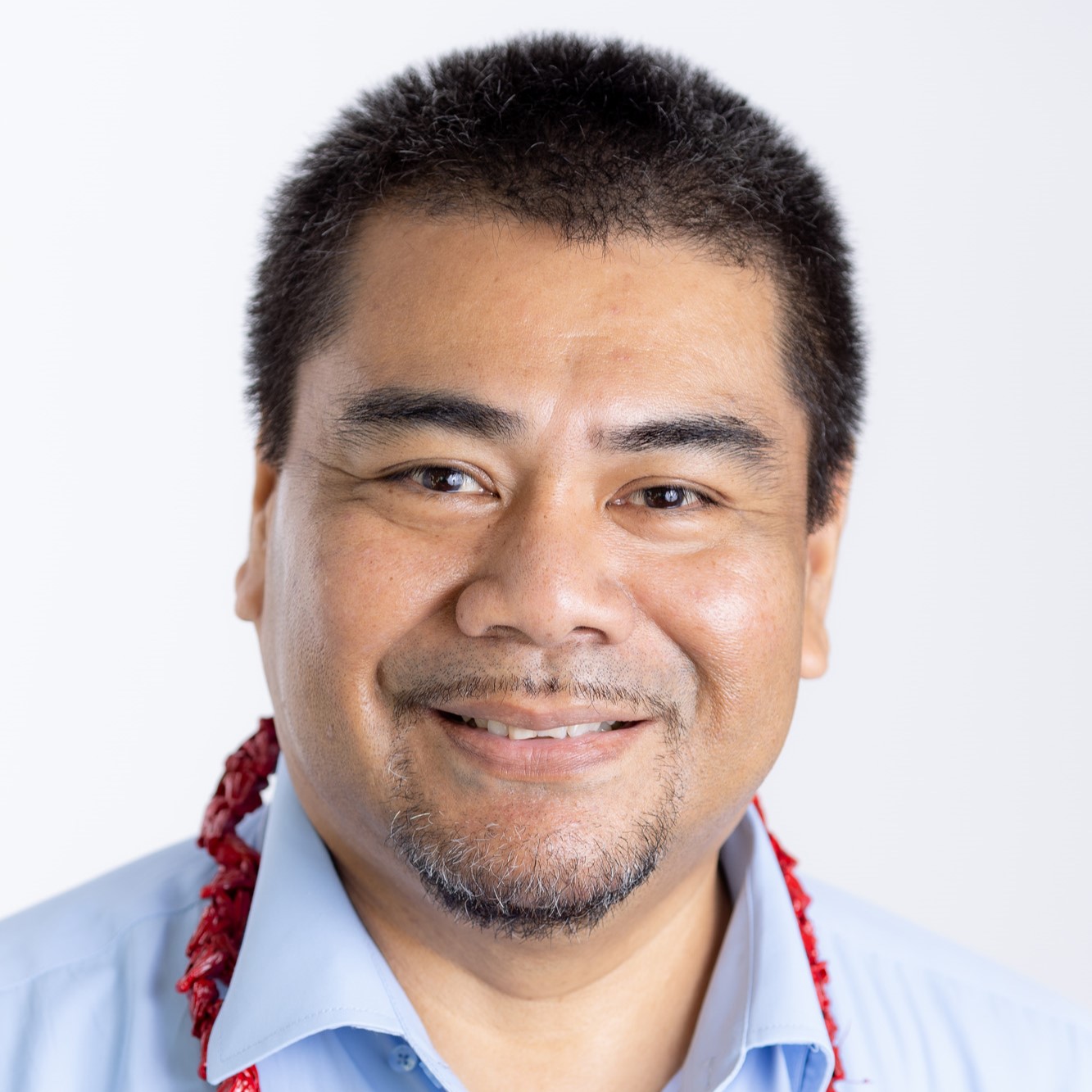
The ISC Meeting of Pacific Scholars that took place in October 2023 in Samoa made clear the strong support of regional scholars for a Pacific science academy that could transcend individual institutions, nations, and science disciplines, to represent the Pacific voice of science in a powerful holistic way.
ISC Meeting of Pacific Scholars: It’s time to raise the voice of science
The report outlines key discussion points, decisions and proceedings from the meeting.
DOI: 10.24948/2023.15
Download reportAs the first crucial step, the Establishment Committee was formed. Representing different subregions of the Pacific and drawing from diverse expertise of established and early and mid-career scholars, the Pacific Establishment Committee aims to set the foundation of the future academy and mobilize necessary support. Read the announcement.
 Peseta Su’a Desmond Mene Lee Hang
Peseta Su’a Desmond Mene Lee Hang
“The International Science Council is humbled by the opportunity to accompany the development of the first-ever Academy of Sciences for the Pacific: the region has much to offer and much to share, and it stands to benefit from an organized science effort through increased capacities, a stronger voice of scientists in the region and actionable knowledge co-produced with the Pacific peoples.
Science can only thrive when the community of scientists can organize itself, exchange, debate and – ultimately – speak with one voice. In doing so, the impact of science is stronger – in informing investments in science; in shaping and benefiting from science collaborations with the private sector and other actors; and in supporting education programmes that may need to adapt to reflect interdisciplinarity and transdisciplinarity.”
Salvatore Aricò, ISC CEO